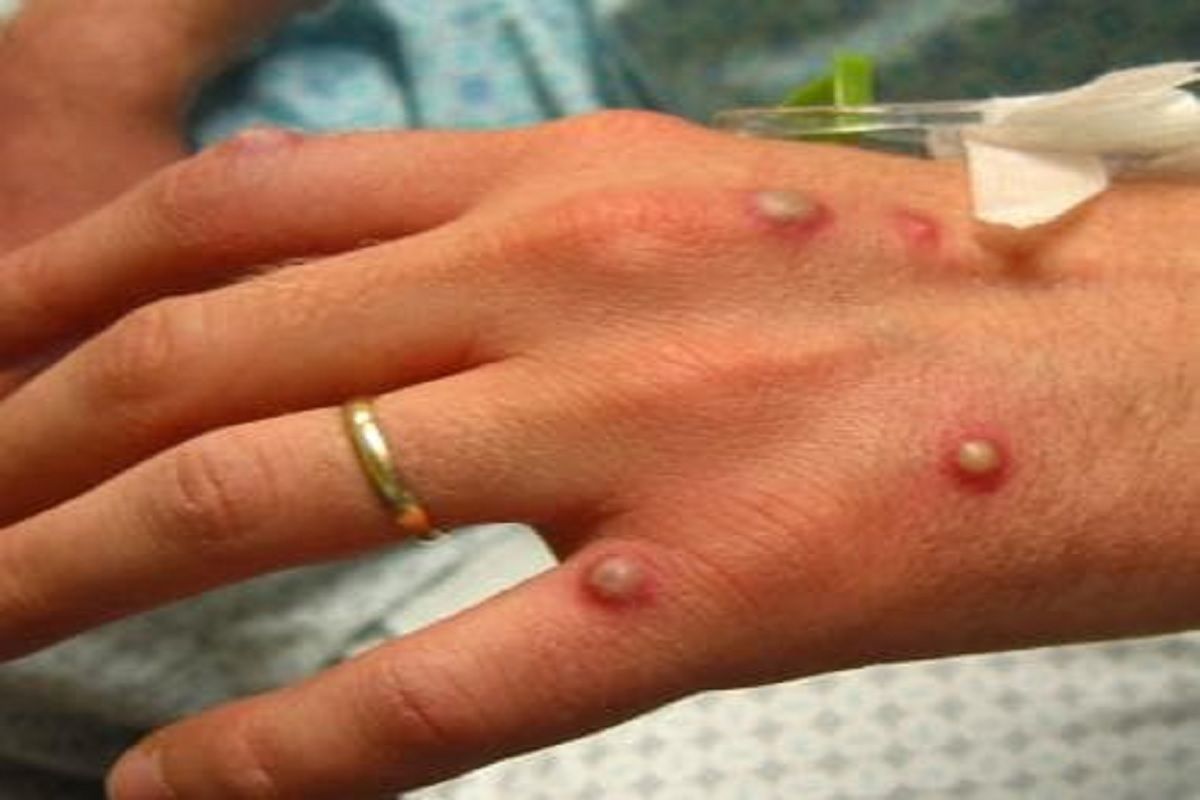
New Delhi: In a matter of growing concern, more than 80 cases of Monkeypox have been confirmed in at least 12 countries, the World Health Organization (WHO) has announced. Without naming any countries, it said that another 50 suspected cases are being investigated, and warned that more cases are likely to be reported.Also Read – Monkeypox Cases Could ‘Accelerate’ In Coming Months, Warns WHO. Time To Worry Or Ignore? EXPLAINED
Infections have been confirmed in nine European countries, as well as the US, Canada and Australia, the BBC reported citing the global health body as saying. Monkeypox is most common in remote parts of Central and West Africa. Also Read – Monkeypox Outbreak In Europe, US Raises Concern In India: How Govt Is Monitoring Situation
The WHO on Friday said that the recent outbreaks “are atypical, as they are occurring in non-endemic countries”. It said it was “working with the affected countries and others to expand disease surveillance to find and support people who may be affected”. Also Read – US Reports First Case of Monkeypox in Massachusetts Man
What is Monkeypox?
- Monkeypox is a rare viral infection which is usually mild and most people recover in a few weeks, according to the UK’s National Health Service.
- The virus is common in wild animals like rodents and primates, but humans can also contract it.
Monkeypox symptoms
- Symptoms include fever, headache, muscle ache, backache, swollen lymph nodes, chills and exhaustion.
- A rash typically develops which eventually forms a scab. It later falls off, indicating that the person is no longer infected.
Infection and treatment
- The virus does not spread easily between people and the risk to the wider public is said to be very low.
- There is no specific vaccine for monkeypox, but a smallpox jab offers 85 per cent protection since the two viruses are quite similar, the BBC reported.
List of countries where Monkeypox cases have been reported so far:
- The US
- Canada
- Australia
- The UK
- Spain
- Portugal
- Germany
- Belgium
- France
- The Netherlands
- Italy
- Sweden
WHO warns against stigmatising patients
The WHO also warned against stigmatising groups because of the disease, the BBC reported. “It can be a barrier to ending an outbreak as it may prevent people from seeking care, and lead to undetected spread,” it said.
‘Transmission could accelerate’
WHO’s Europe regional director Hans Kluge warned that “as we enter the summer season with mass gatherings, festivals and parties, I am concerned that transmission could accelerate”. He added that all but one of the recent cases had no relevant travel history to areas where Monkeypox was an endemic.
(With inputs from IANS)
Stay connected with us on social media platform for instant update click here to join our Twitter, & Facebook
We are now on Telegram. Click here to join our channel (@TechiUpdate) and stay updated with the latest Technology headlines.
For all the latest For Top Stories News Click Here
